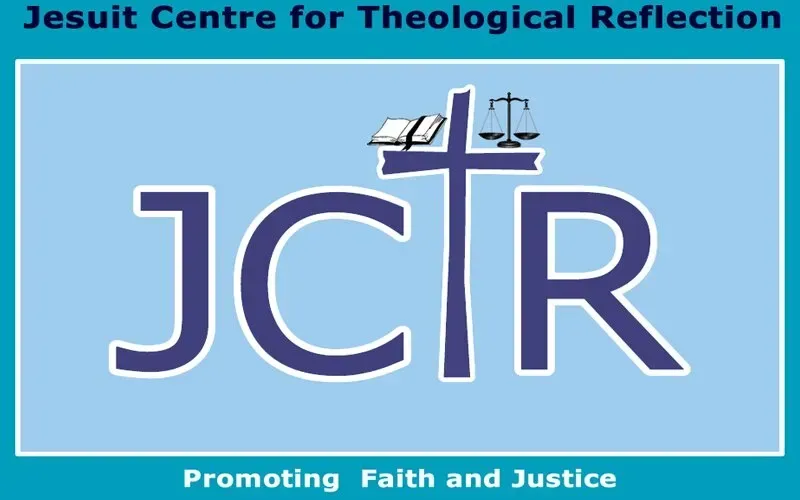Lusaka, 22 February, 2022 / 9:30 pm (ACI Africa).
Zambia can foster social justice through the expansion of “economic opportunities and diversification”, officials of the Jesuit Centre for Theological Reflection (JCTR) in the Southern African nation have said in their message for the World Day of Social Justice.
The World Day of Social Justice has been an annual event marked on February 20 since it was declared by the United Nations (UN) following the review of the Declaration of Copenhagen and Program of Action for Social Development on 26 November 2007.
On 10 June 2008, the International Labor Organization (ILO) endorsed the UN declaration on Social Justice for Fair Globalization, a declaration that reportedly “became a powerful reaffirmation of ILO values that works towards helping achieve progress and social justice in the context of globalization.”
This year’s celebration has been marked under the theme, “Achieving Social Justice through Formal Employment.”
In their Monday, February 21 statement on the occasion of the World Day of Social Justice, JCTR officials say for Zambia “to grow jobs for the future, the country needs to expand economic opportunities and diversification. This will be a sure way of promoting social justice and of commemorating the World Day of Social Justice.”








